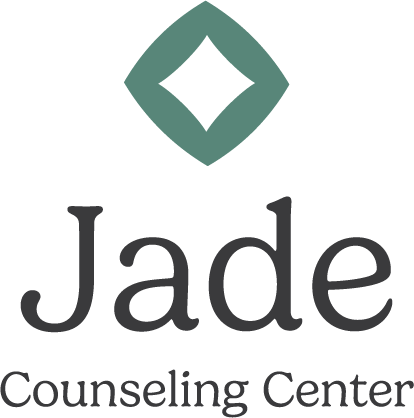A call to therapists- we need to be more direct.
When I get a new client who has already been in therapy, sometimes for several years, one of the most common things I hear is how they wished their previous therapist had given them more direction. What they received in the therapy room was active listening and unconditional positive regard; they received gentle attunement and encouragement. I don’t mean to devalue these skills at all because they’re an integral part of the therapy process, and they are things I offer my clients too. However, I don’t blame clients for wanting more.
What clients crave is guidance and direction. They want actual advice. They usually welcome honest feedback and suggestions of how they could approach things differently. Providing a listening space is important, but it’s only a slice of the pie. Clients are paying their therapists for a service. When we strip it down like this, it is transactional. They expect (as they should) to see results from this service. I think as therapists we do a great disservice to our clients and to the “work” when we hold back out of fear of upsetting them or crossing a line.
I like to think I speak plainly to my clients while also conveying genuine care and support. It’s possible to do both. I’ve had many clients tell me that I’m the only therapist who has said things to them such as “that person is being abusive to you,” or “this behavior is high risk and you’re putting yourself in danger,” or “can you see your part in this?”
We need to be willing to tell our clients the truth. I understand there is a risk here of going too far and ruining the therapeutic relationship. If I’m being honest I’ve made some mistakes over the years. I’ve said things that didn’t quite land and I’ve upset the client. I’ve made judgment calls that were incorrect. I’ve said things that clients weren’t ready to hear. I have regret about the delivery and timing of certain messages, but in most of the cases I was able to repair the temporary break by apologizing. I find that this actually makes the therapeutic relationship stronger and more authentic.
I believe a lot of this is due to our formal training. We are trained to be soft, appeasing. We are trained to think systemically and always be understanding of why clients act in the ways they do. We are trained to always consider the impact of our words as they hold so much weight for our clients. I want to clarify again that I’m not knocking these things at all, but I am acknowledging there’s a lack of balance. There’s a lack of training in how to be direct with clients, while also being kind. There’s a lack of teaching therapists how to give honest feedback while maintaining rapport.
I recognize the delicate dance that is being forthcoming with clients while communicating care. However, I see the best results with clients when I’m able to be honest with them. Being honest with clients produces results; they feel happier, their relationships improve, their habits change, their lives get better.
As I see it, this is a skill we must cultivate on our own.
